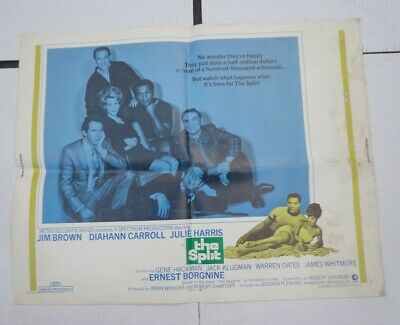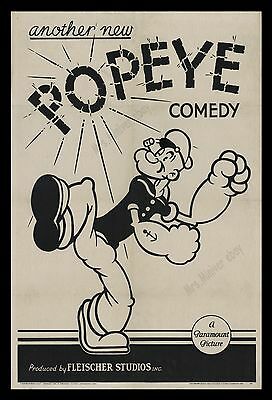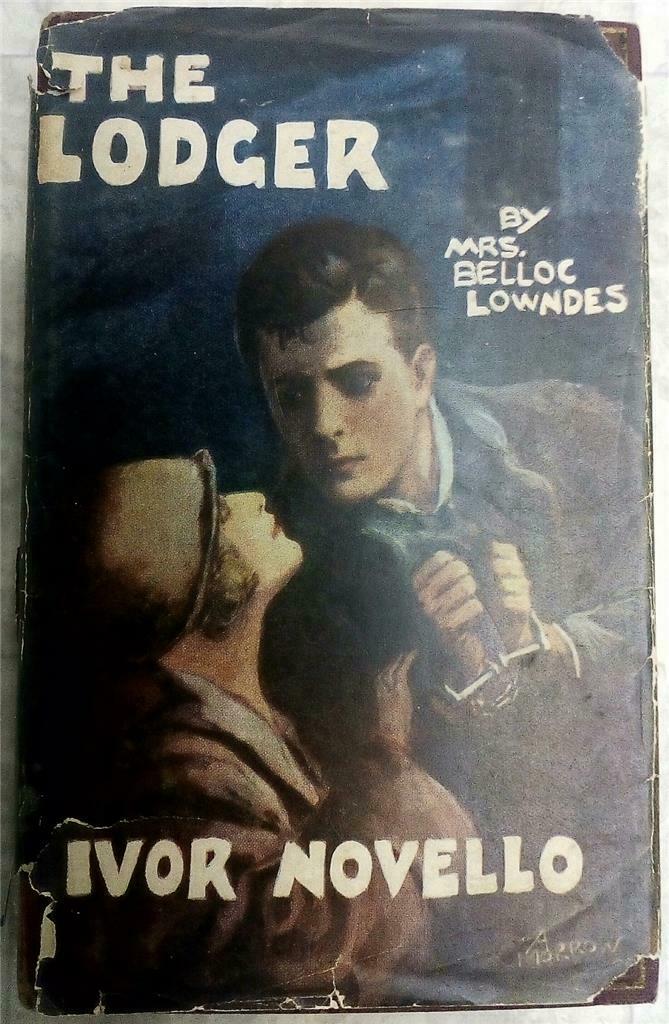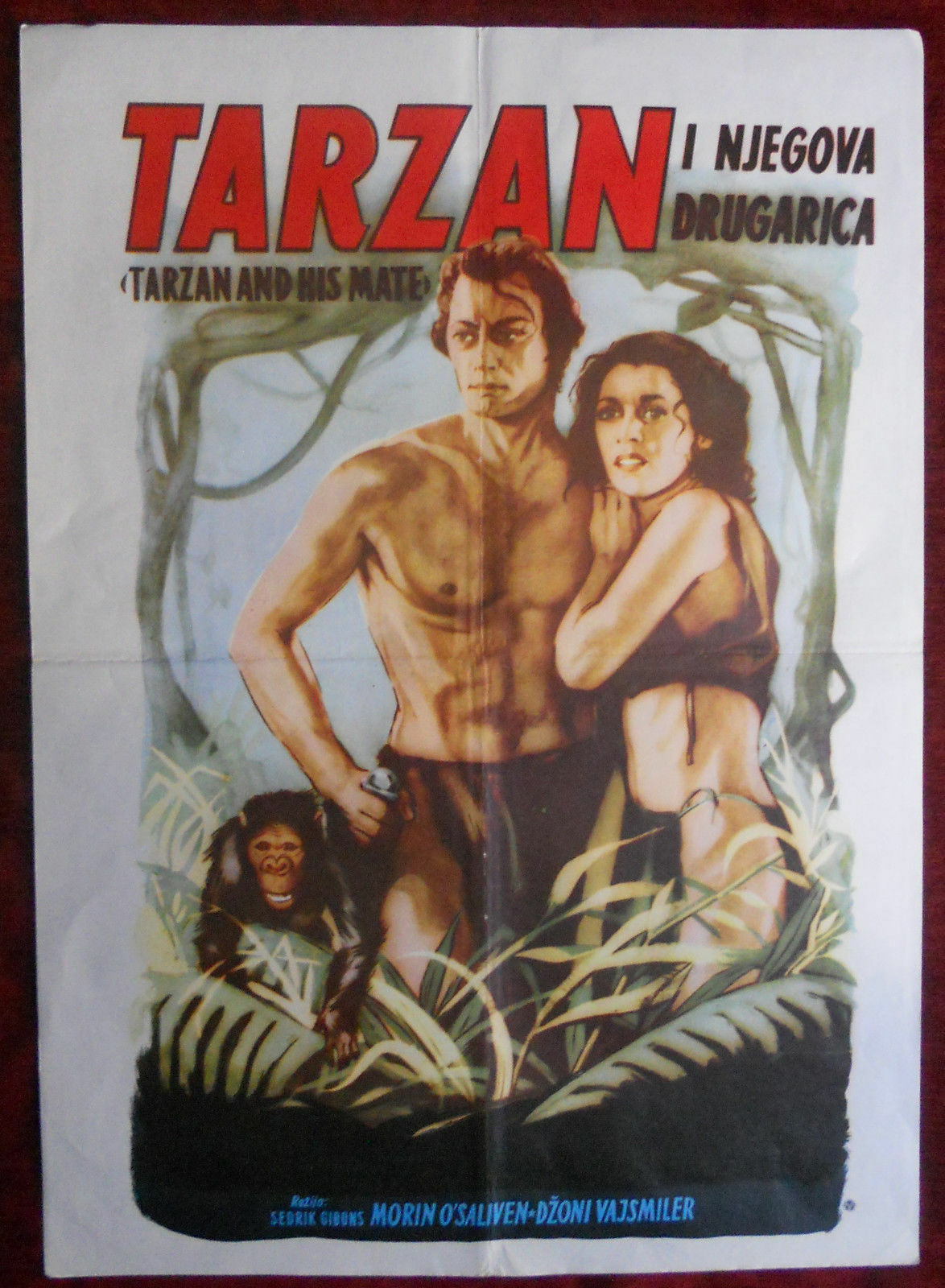-40%
D.W. GRIFFITH'S THE BIRTH OF A NATION 1916 ORIGINAL Movie Poster THEATER BANNER!
$ 1346.4
- Description
- Size Guide
Description
* * * *HISTORIC!
Up for sale
is a most historic artifact relating to the development of cinema and the motion picture business:
An ORIGINAL 1916 Movie Poster Banner for D.W. Griffith's “THE BIRTH OF A NATION.”
This film is one of the most famous, infamous, controversial, and, influential products to come out of Hollywood. Over 100 years later, it’s still one of the most talked about movies. It’s often cited as the first epic and beginning of the motion picture industry, that is - as we know it today.
LANDMARK
and IMPORTANT
are understatements for this poster. Original advertising on this film seldom becomes available. This is an original silk-screen cloth banner. It was used at the Ford Theater in Baltimore back in 1916 during the film’s first release. Silk-screen banners were common advertising throughout the 20
th
Century within the movie business. This is the earliest and definitely the most important example that I’ve seen. It measures 29x158 inches and is in
UNRESTORED ORIGINAL CONDITION.
It has some wear but displays well. It’s amazing this 100 year old treasure has survived at all! ALMOST ALL film posters pre-1920 no longer exist and have been lost. There are only about a dozen original posters known to exist on Griffith's original outing of "The Birth of a Nation," this being one of the rarest. It would be a great piece for a film library or museum, or any advanced collection that wants historic representation. Also, this poster doesn’t have the offensive image of the clansman shown on most of the other originals, and so it can be displayed without overt concerns over disturbing public viewers. Forgive the lousy photo. It was taken with an old digital camera a long time ago when I acquired the banner.
D. W. Griffith
David Llewelyn Wark Griffith, known by D.W. Griffith, (January 22, 1875–July 23, 1948) was best known as the director of the controversial movie The Birth of a Nation. He began his career as a "playwright" but found little success. He then tried acting. Finding his way into movies, Griffith began to direct a large number of films.
From 1908 and 1913 Griffith produced more than 450 films! These films enabled him to experiment with close-ups, cross-cutting, camera movement, and many other film techniques which he is largely credited with "inventing." Griffith's also discovered Hollywood as a place to make films. Griffith, while working with Biograph, was the first to shoot a movie in Hollywood California way back in 1910.
Griffith was also convinced that feature films could be financially viable despite widely opposed views within the motion picture industry. He subsequently left Biograph, and his people, including most of the actors, followed him (including Lillian Gish) to start his new production company - David W. Griffith Corp. He soon produced The Birth of a Nation, the first epic ever created! This film was so successful it set Griffith up with almost unequalled power in the motion picture business. He then co-founded United Artists with Charlie Chaplin, Mary Pickford, and Douglas Fairbanks, the few others with similar clout.
Griffith's partnership in UA (United Artists) did not last long. He was never able to achieve the same success as he did with the “The Birth of a Nation.” He had a few other viable films but none of them would have the impact or cultural relevance of The Birth of a Nation. The last two decades of his life Griffith lived alone. He died in 1948 in Hollywood. May 5, 1975 Griffith was honored with his likeness 10-cent postage stamp issued by the United States Government.
Some of the greatest film directors of all time including Orson Welles, Charles Chaplin, and John Ford have all acknowledged influence from Griffith's work. He has been called, "The father of film grammar."
Some of Griffith's best-known films:
Judith of Bethulia (1914)
The Birth of a Nation (1915)
Intolerance (1916)
Broken Blossoms (1919)
Way Down East (1920)
Orphans Of The Storm (1921)
America (1924)
D.W. Griffith's 'Abraham Lincoln' (1930 sound)
The Struggle (1931 sound)
MRS.MINIVER WILL ACCEPT
TIME PAYMENTS
FOR MOST ITEMS LISTED
☆
Please write with any questions. If you're in the market for top quality original vintage movie posters or Star Wars, then please
click here









